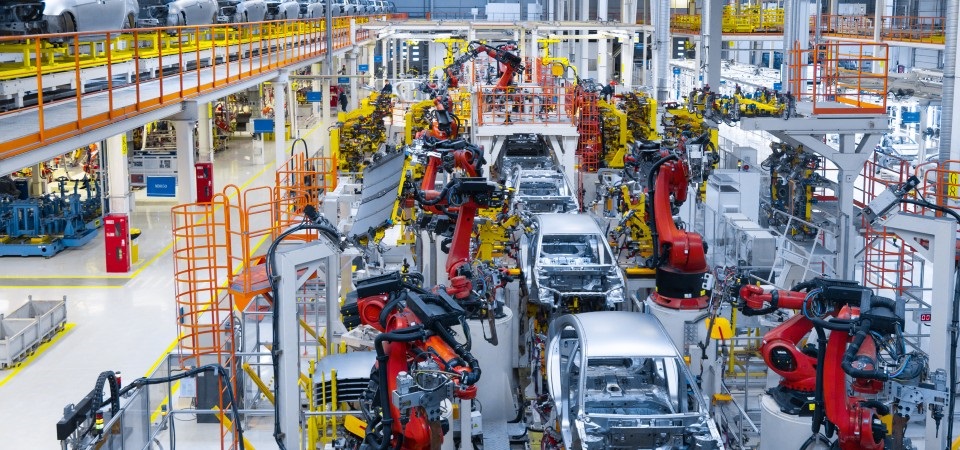Without a trade deal with the EU, Nissan warned that its Sunderland plant in north-east England would be “unsustainable”. It would have to withdraw from the UK in the same way as Honda, whose plant in Swindon is shutting down permanently in July.
Nissan employs 6,000 people directly in Sunderland, and thousands more through the local supply chain. Its warning was reinforced by the fact that the company’s annual Sunderland investment had dropped 71% since the 2016 vote. And besides Honda, other manufacturers such as Ford, which makes engines in the UK, had also threatened to pull out in the event of no deal.
Realistically, a trade deal was essential to secure UK car manufacturing – even if it meant the compromises that have drawn fish lorries to Whitehall, protesting that their industry has literally been sold down the river. The question is, where does UK automotive go from here?
Business not as usual
The UK is a mid-ranking car manufacturer, with Tata/Jaguar Land Rover the biggest producer and other substantial players including BMW/Mini, Toyota, Stellantis/Vauxhall and of course Nissan. In 2019, 1.3 million cars were produced, with eight out of ten exported and over half of those to the EU. Over the same period, Germany manufactured 5 million cars and France 1.4 million, while world leaders China and the US produced 26 million and 11 million respectively. These figures have fluctuated in 2020 due to the pandemic.
Cont…

To read the full piece by Professor Jim Saker visit the Conversation.
ENDS

